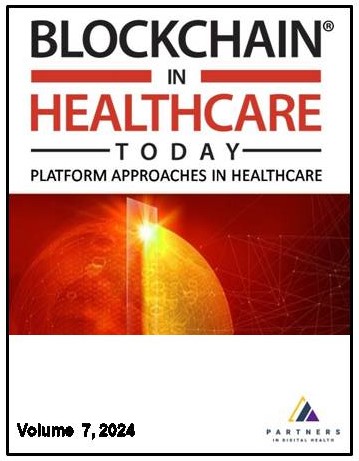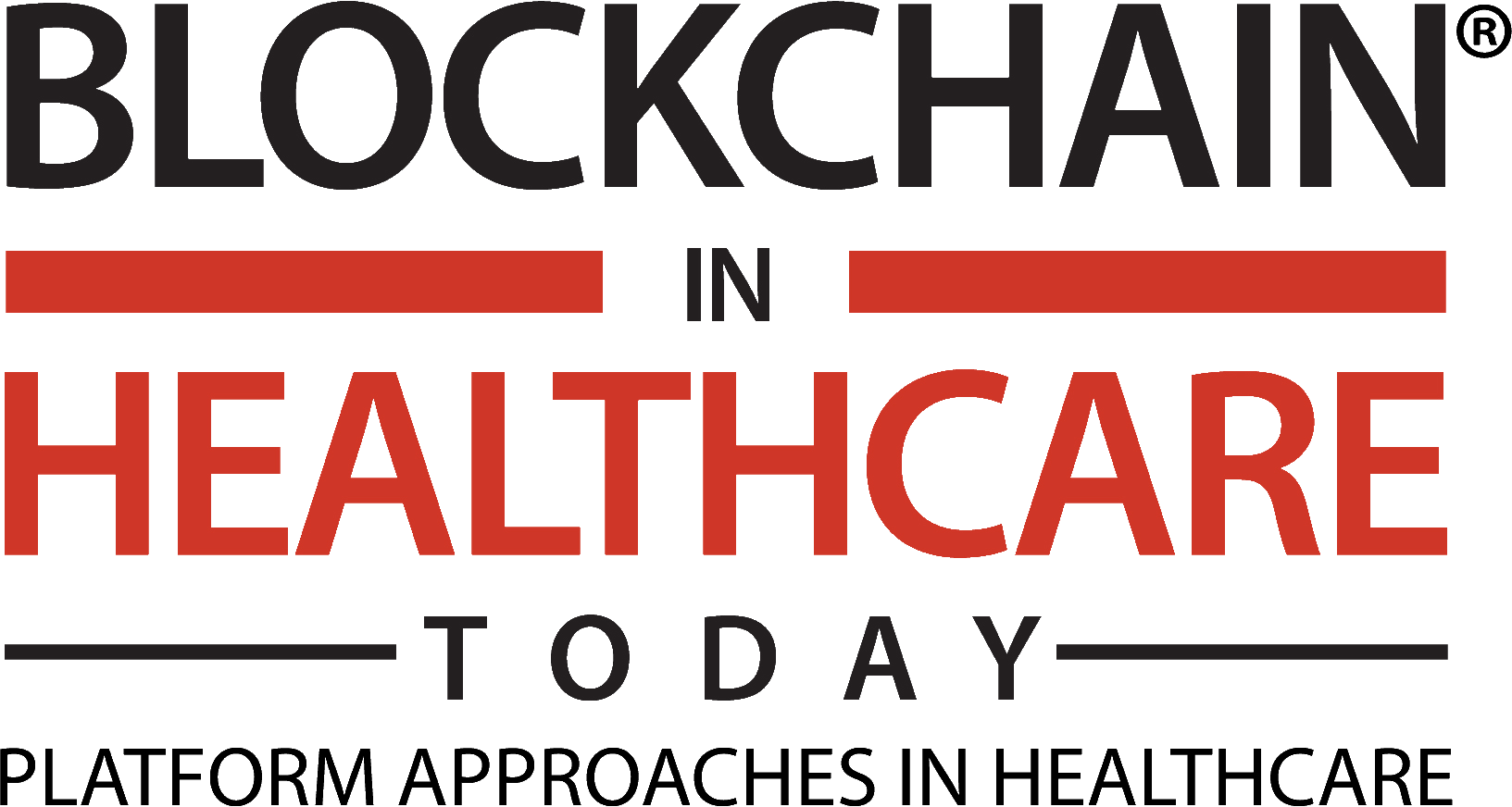Current issue

Volume 7, Issue 3, 2024
Online ISSN: 2573-8240
Volume 7 , Issue 3, (2024)
Published: 16.12.2024.
Open Access
Blockchain in Healthcare Today (BHTY) is the leading international open access journal that amplifies and disseminates platform approaches in healthcare and distributed ledger technology research and innovations. Fields of interest include healthcare information systems, leveraging data science tools and techniques, interoperability, consent mechanisms, privacy preservation, security of health data, clinical trials management, supply chain management, revenue cycle automation, immersive technologies, tokenomics, governance, regulation, network technologies, clinical computing, cryptography, and failed experiments in this expanding specialty field of research.
All issues
Contents
04.01.2019.
Methodology
Ethical Implementation of the Learning Healthcare System with Blockchain Technology
We propose that blockchain technology complemented by secure computation methods can foster implementation of a learning healthcare system (LHCS) by minimizing upfront patient-facing compromises with unsurpassed data security and privacy, and by optimizing the system’s fulfillment of its obligations to respect patients through transparency, engagement, and accountability. We demonstrate how a blockchain-enabled LHCS could foster patient willingness to contribute to learning by providing desired security and control over health data. In addition, secure computation methods could enable meta-analysis without exposing individual-level data, thus allowing the system to protect patients’ privacy while simultaneously learning from their data. The transparency and immutability of blockchain ledgers would also support the public’s trust in the system by allowing patients to audit and oversee which of their data are used, how they are used, and by whom. Furthermore, blockchain communities are community-governed peer-to-peer networks in which sharing builds mutually beneficial value, offering a model for engaging patients as LHCS stakeholders. Smart contracts could be used to ensure accountability of the system by embedding feedback mechanisms by which patients directly and automatically realize benefits of sharing their data.
Marielle S. Gross, Robert C. Miller
